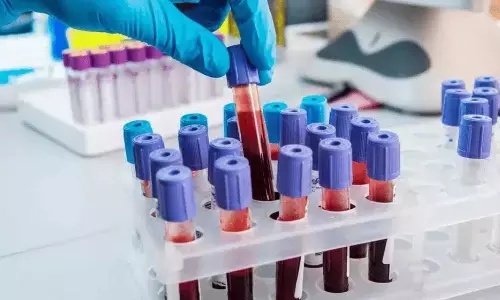Antibiotics to treat early dementia show promise: Study

Researchers have found that a class of antibiotics called "Aminoglycosides" could be a promising treatment for early onset dementia.
London, Jan 11: Researchers have found that a class of antibiotics called "Aminoglycosides" could be a promising treatment for early onset dementia.
Frontotemporal dementia, is the most common type of early onset dementia, typically begins between ages 40 and 65 and affects the frontal and temporal lobes of the brain, which leads to behaviour changes, difficulty speaking and writing and memory deterioration.
According to the study, published in the journal "Human Molecular Genetics", a subgroup of patients with frontotemporal dementia have a specific genetic mutation that prevents brain cells from making a protein called progranulin.
Although progranulin is not widely understood, its absence is linked to the disease.
The researchers from University of Kentucky in US, discovered that after aminoglycoside antibiotics were added to neuronal cells with this mutation, the cells started making the full-length progranulin protein by skipping the mutation.
"These patients" brain cells have a mutation that prevents progranulin from being made. The team found that by adding a small antibiotic molecule to the cells, they could 'trick' the cellular machinery into making it," said study co-author Matthew Gentry from the University of Kentucky.
The researchers found two specific aminoglycoside antibiotics - Gentamicin and G418 - were both effective in fixing the mutation and making the functional progranulin protein.
After adding Gentamicin or G418 molecules to the affected cells, the progranulin protein level was recovered up to about 50 to 60 per cent.
These results could be promising to drug development. Currently, there are no effective therapies for any type of dementia, the researchers said.
After this pre-clinical proof of concept study, the next step is to study the antibiotics' effects on mice with the mutation that causes frontotemporal dementia, they added.
Another focus is to possibly develop new compounds from Gentamicin and G418 that could be safer and more effective.
"If we can get the right resources and physician to work with, we could potentially repurpose this drug," Zhu added.
This is an early stage of the study, but it provides an important proof of concept that these aminoglycoside antibiotics or their derivatives can be a therapeutic avenue for frontotemporal dementia," Zhu added.














